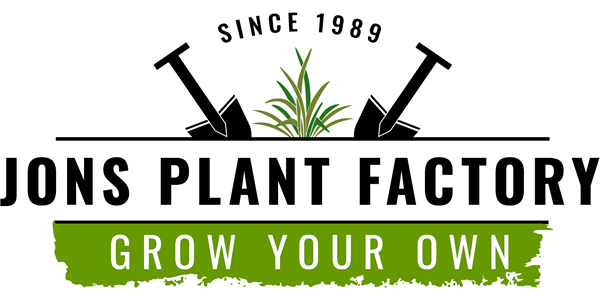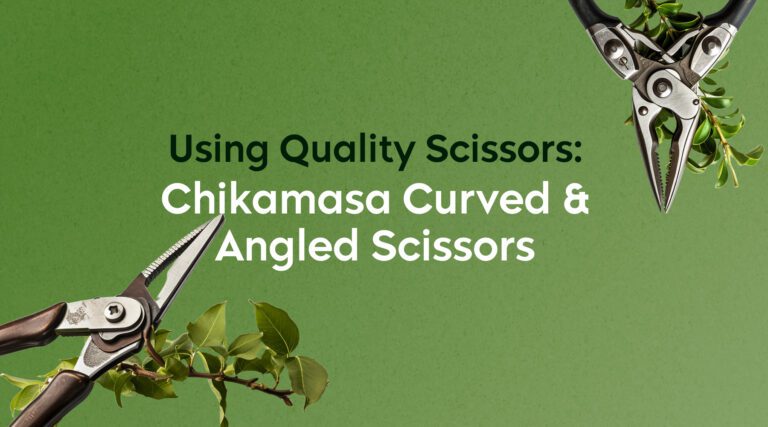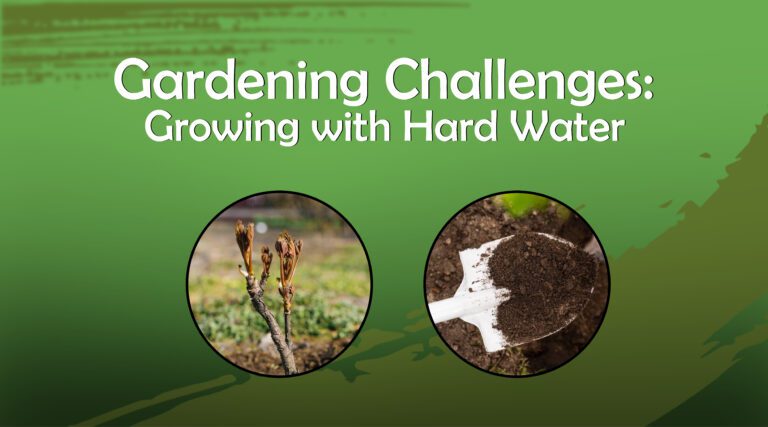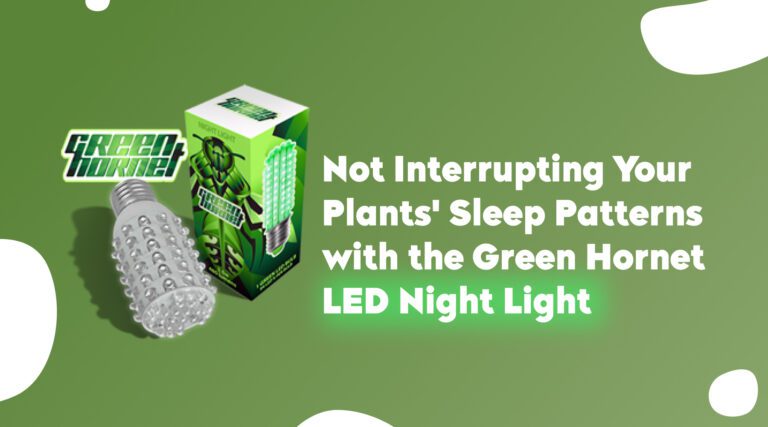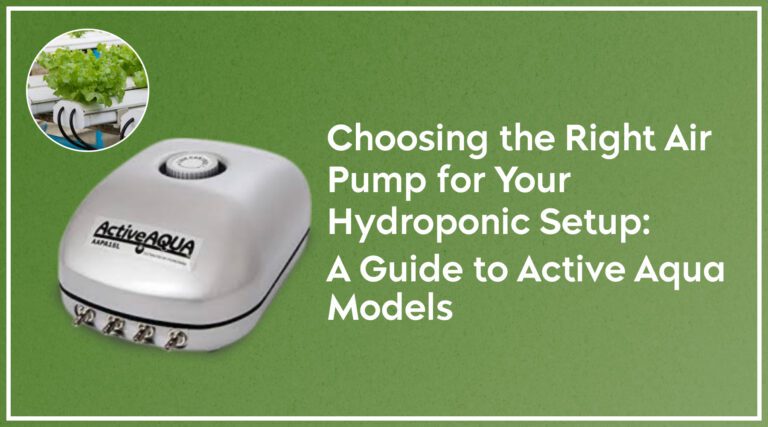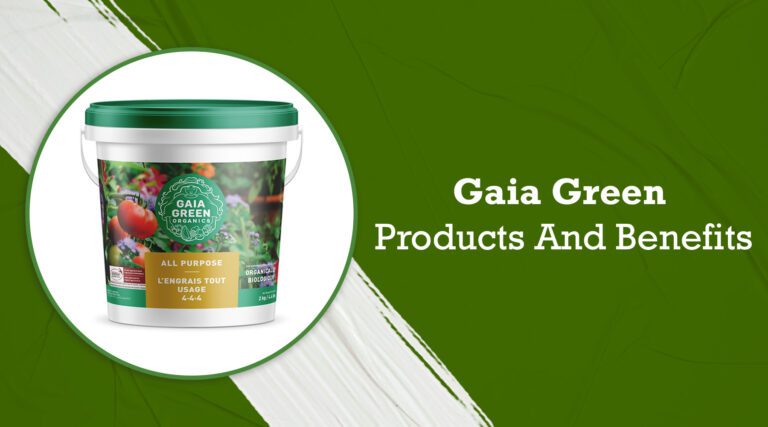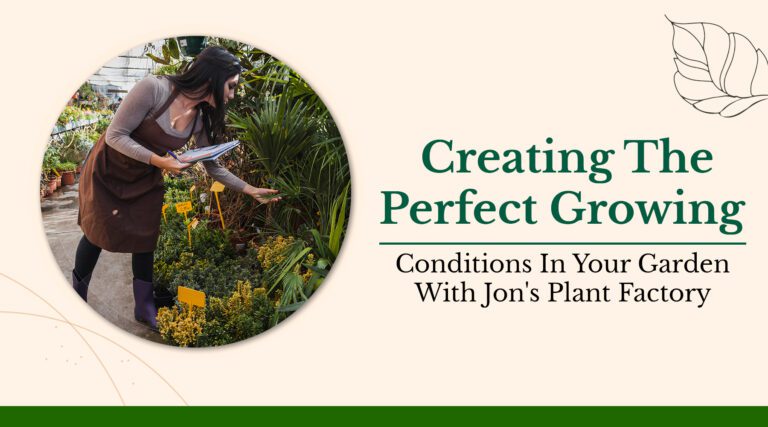Hydrogen Peroxide in Gardening: A Growth Guide
Hydrogen peroxide, commonly recognized for its antiseptic properties, is increasingly gaining attention in the gardening community. Its benefits extend beyond just cleaning wounds, offering a range of advantages that can significantly boost plant health and growth.
This comprehensive guide explores the complex uses of hydrogen peroxide in gardening, providing insights into how it can be a game-changer for your green space.
What is Hydrogen Peroxide?
Hydrogen peroxide (H2O2) is a chemical compound composed of two hydrogen atoms and two oxygen atoms. It is a pale blue liquid in its pure form, appearing colorless when diluted. Known for its strong oxidizing properties, hydrogen peroxide is used in various applications, from bleaching and disinfecting to promoting plant growth in gardens.
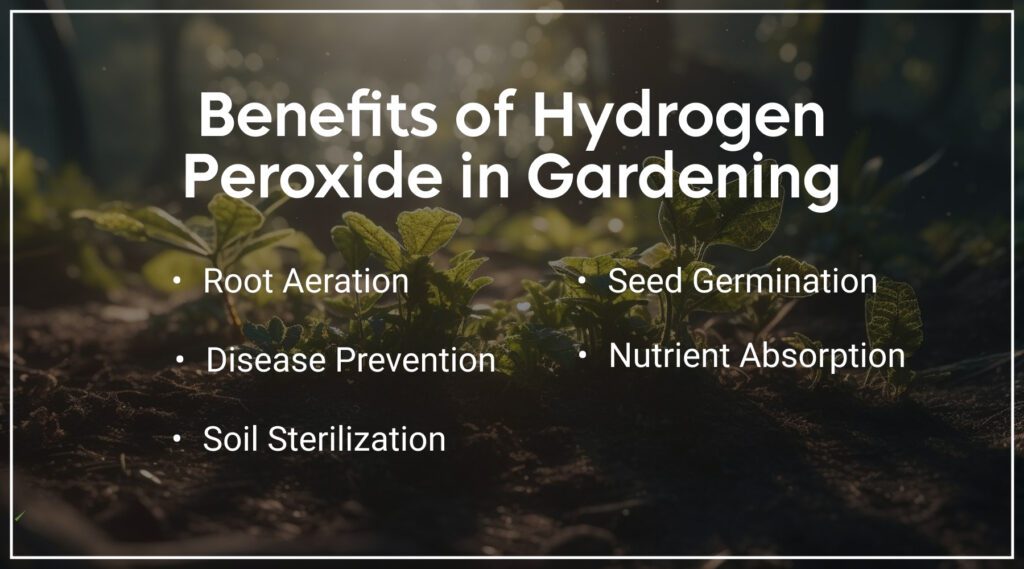
Benefits of Hydrogen Peroxide in Gardening
Hydrogen peroxide offers numerous benefits for plants, including improved root health, disease prevention, and enhanced growth. Here are some key advantages:
- Root Aeration: Hydrogen peroxide breaks down into water and oxygen upon application. The extra oxygen released into the soil helps aerate the roots, promoting stronger and healthier root systems.
- Disease Prevention: Its antifungal and antibacterial properties help prevent common plant diseases, such as root rot and powdery mildew, by eliminating harmful pathogens.
- Soil Sterilization: It can be used to sterilize soil, killing off unwanted pests and diseases without harming the plants.
- Seed Germination: Soaking seeds in a hydrogen peroxide solution can enhance germination rates by breaking down the seed coat and providing essential oxygen.
- Nutrient Absorption: Enhanced root aeration leads to better nutrient uptake, resulting in more vigorous and healthier plants.
How to Use Hydrogen Peroxide in Your Garden
Using hydrogen peroxide in your garden requires careful dilution to ensure plant safety. Here’s how you can incorporate it into various gardening practices:
- Soil Drench: Mix 1 part of 3% hydrogen peroxide with 3 parts water. Use this solution to water your plants, ensuring the soil is thoroughly drenched. This method helps oxygenate the soil and improve root health.
- Foliar Spray: Combine 1 part of 3% hydrogen peroxide with 9 parts water. Spray this mixture on the leaves to combat fungal infections and improve overall plant health.
- Seed Soak: Soak seeds in a solution of 1 ounce of 3% hydrogen peroxide per pint of water for 30 minutes. Rinse the seeds with plain water before planting to boost germination rates.
- Hydroponics: Add 1 teaspoon of 3% hydrogen peroxide per gallon of water in hydroponic systems to prevent root diseases and promote healthy plant growth.
Safety Precautions
While hydrogen peroxide is generally safe for plants when used correctly, it is crucial to follow these safety tips:
- Correct Dilution: Always dilute hydrogen peroxide appropriately to avoid damaging plant tissues.
- Test First: Perform a patch test on a small part of the plant before widespread application to ensure there are no adverse reactions.
- Protective Gear: Wear gloves and eye protection when handling concentrated hydrogen peroxide to prevent skin and eye irritation.
- Storage: Store hydrogen peroxide in a cool, dark place to maintain its effectiveness, as it decomposes when exposed to light.
Hydrogen peroxide is a versatile and powerful tool in the gardener’s arsenal. Its ability to improve root health, prevent diseases, and improve overall plant strength makes it an invaluable addition to any gardening routine. By understanding its benefits and proper usage, you can harness the power of hydrogen peroxide to create a thriving, healthy garden.
Improve your garden’s health with hydrogen peroxide. Purchase now at Jon’s Plant Factory for effective plant care solutions. Transform your gardening experience today!
FAQs
1- Is hydrogen peroxide safe for all plants?
Hydrogen peroxide is generally safe for most plants when used in appropriate dilutions. However, it’s always best to test a small area first and monitor the plant for any adverse reactions before applying it more broadly.
2- How often should I use hydrogen peroxide in my garden?
The frequency of use depends on the purpose. For general root health and soil aeration, a soil drench can be applied every two weeks. For foliar sprays, once a week is sufficient to prevent diseases. Always observe your plants and adjust the frequency based on their response.
3- Can I use hydrogen peroxide on edible plants?
Yes, hydrogen peroxide is safe for use on edible plants. It helps prevent diseases and pests without leaving harmful residues. Ensure you rinse the plants thoroughly with water before consumption to remove any remaining traces of the solution.
